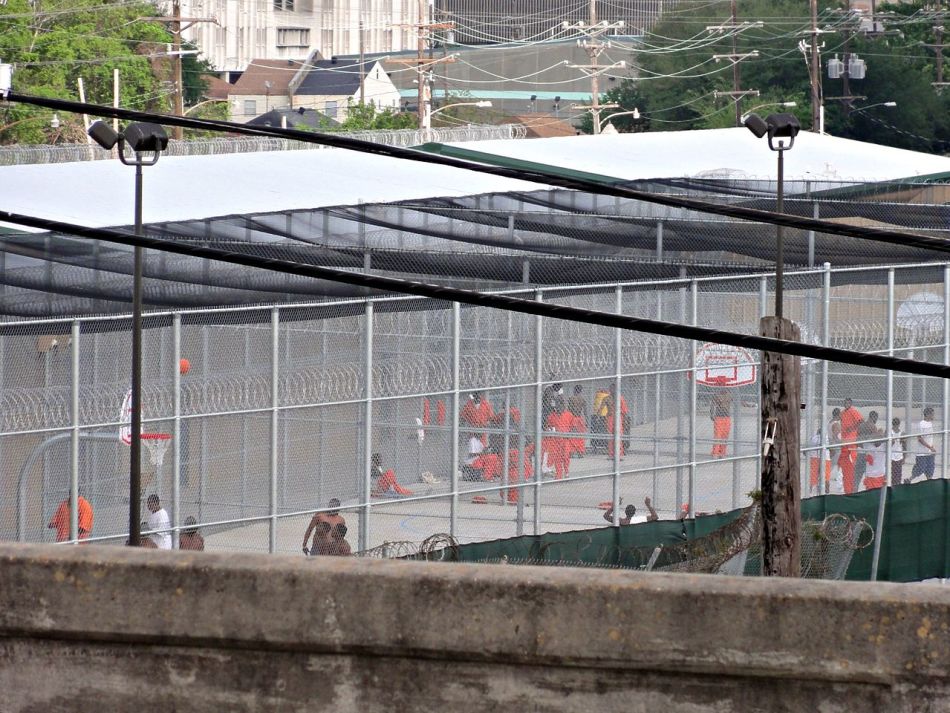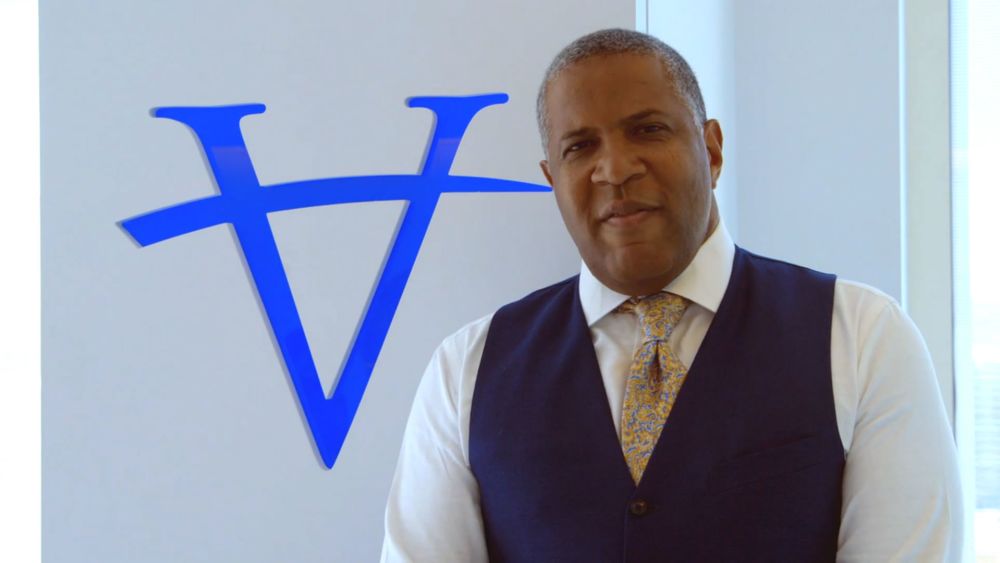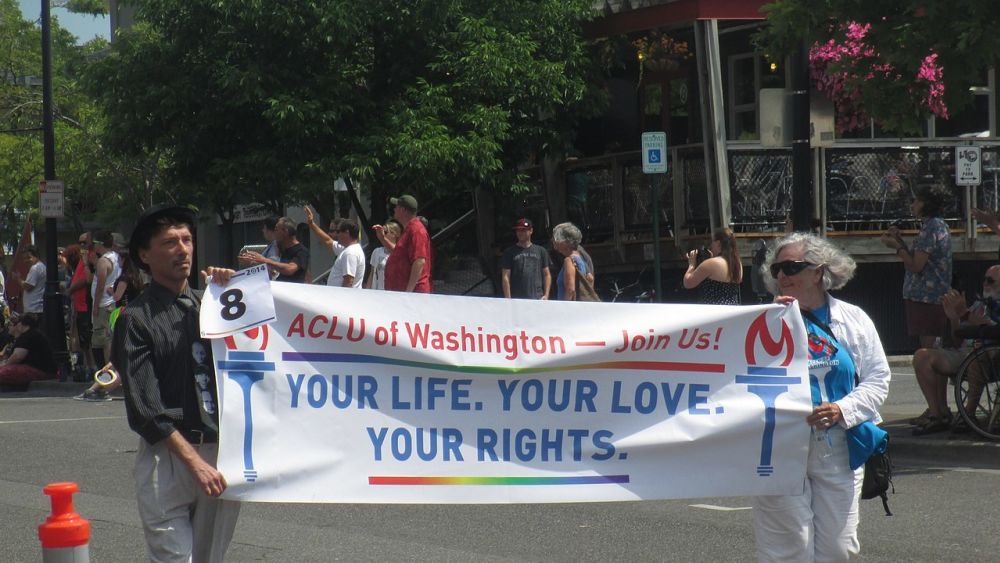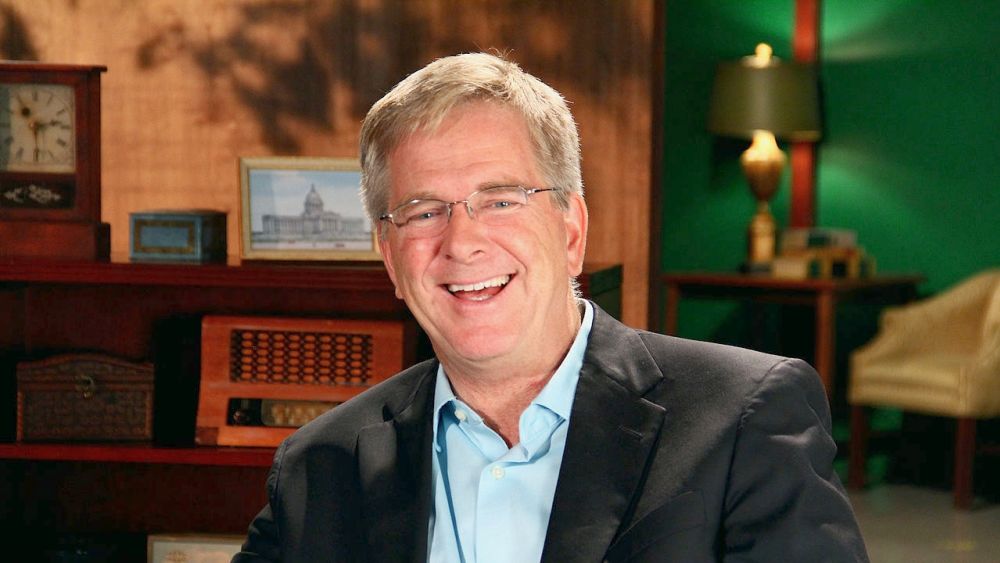Californians for Safety & Justice: Changing the Paradigm
Greggory Moore | Best of Best

image by: Bart Everson
After four decades of an incarceration paradigm that has drained state coffers and created so many problems, it's time for a holistic and nuanced approach.
Since 1980 California has built 22 prisons but just one university. Californians spend $60,000 per year on each inmate, as opposed to just $8,500 per K–12 student. One out of every five prisoners in California requires but doesn't necessarily get mental-health treatment.
These are just three of the problems the nonprofit Californians for Safety and Justice (CSJ) hopes to help fix. Founded in 2012, CSJ aims for nothing less than a paradigm shift in the way society approaches the problem of crime. By bringing together a broad coalition of over 16,000 business and community leaders, policymakers, health professionals, educators, crime-prevention experts, members of law enforcement, and crime victims, CSJ feels they can "replace prison-system waste with common-sense solutions that create safe, healthy neighborhoods and save public dollars."
The spiritual history of CSJ is rooted in the Tides Center, its parent organization. The Tides Foundation (as it was first known) was founded in 1976 by Drummond Pike as a means for donors to anonymously funnel funds to an array of philanthropic causes. Over the last four decades Tides has sponsored over 800 nonprofit projects to the tune of over $2 billion, helping launch organizations such as Conservation International, Environmental Working Group, the Garden Conservancy, The Story of Stuff, and the League of Young Voters Education Fund.
In 2011, California's prison population was 1,500% higher than it had been in 1980, with Brown v. Plata the Supreme Court ruled that state prisons were so badly overcrowded that the State was in violation of the Eighth Amendment's ban on cruel and unusual punishment. The State was given two years to reduce its prison population to 137.5% of design capacity. Clearly, something had to give.
It was within this milieu that Tides began putting together the coalition that would become CSJ. An array of philanthropic organizations such as the Ford Foundation and the California Endowment stepped up to fund the project, but it needed someone to take the reins. And when responded to what she found to be a very compelling job description, they had their woman. As chief of both policy and of the Alternative Programs Division at the San Francisco District Attorney's Office, Anderson was well aware of the problems CSJ would take on.
"Despite California's reputation as a forward-thinking state, it had not been that for a long time on the issue of incarceration," she says. "[…] We've had a broken criminal-justice system for multiple decades, and it's had a devastating impact on not just our budget but on our health as a state."
Upon its inception, CSJ put created a number of initiatives to improve prospects for those caught up in the penal system while simultaneously saving the state money in the long term. The Local Safety Solutions Project spearheaded a number of such initiatives. Health Matters, for example, offers training and support to counties across the state to extend health coverage—including mental-health services and treatment for substance abuse treatment—for inmates, parolees, and those recently release from jail. Another such program is Pretrial Solutions, which offers resources for counties interested in pretrial programs that can reduce jail pressures and costs by managing persons awaiting court their dates.
Meanwhile, CSJ sponsored numerous bills, each targeting a specific crack in our broken criminal justice system. For example, in 2013 AB 218 prohibited state and local agencies from inquiring about an applicant’s record until the agency has determined the individuals meets the minimum employment qualifications for the position—a move to reduce recidivism by removing barriers for those with a criminal record from supporting themselves in a law-abiding manner. That same year, AB 720 helped enroll eligible jail inmates into Medi-Cal so that upon release they had access to medical care, mental-health care, and treatment for substance-abuse—aid that reduces the rate of recidivism.
By the end of 2014, California had reduced its inmate population by 25,000, but that reduction failed to meet the Supreme Court mandate issued in Brown v. Plata. But that year voters passed Proposition 47, which reduced the classification of most "nonserious and nonviolent property and drug crimes" from felonies to misdemeanors. Knowing an opportunity when they see it. CSJ had worked hard on its passage and immediately undertook efforts to actuate the new law in order gain release for qualifying prisoners.
But for all the inmates released based on Proposition 47 reclassifications (CSJ Public Affairs Manager Will Matthews places the number at a little under 5,000), a broader societal impact may be the potential for qualifying convicted felons who have already served their jail time to have their crimes reclassified as misdemeanors, which can remove post-conviction barriers to various forms of employment, getting a business license, voting, traveling and obtaining federal benefits such as healthcare, public housing, and welfare, thereby allowing such people be better contributors to society.
"No state has ever allowed people to retroactively reduce a conviction on their record," Matthews says. "You may have seen [earlier this year] that President Obama issues a number of commutations to people imprisoned for drug-related charges in the federal prison system. He talked a lot about the need to give people second chances, and that's exactly what California is doing on the state level. They are providing a model to other states around the country of how to effectively go about reforming the criminal justice system for the future and also to repair the damage our more punitive approach to criminal justice has wrought in the past."
To this end, CSJ set up MyProp47.org to help those million or so qualifying felons who pass a thorough review of their criminal history and risk assessment get their convictions reclassified. But in looking for criminal justice strategies that can have the broadest possible impact in stopping the cycle of crime and building healthy communities, Proposition 47 Staff Attorney Hillary Blout relates that CSJ is willing to help anyone who is looking to contribute to a better society.
"We initially started with having clinics where people could come in just for Prop. 47, and then we ended up turning [some] people away because they had convictions on their records [that] weren't Prop. 47 convictions," Blout says. "So we quickly modified our work, so that [instead of turning people away] we would keep searching for ways to clean up your record. If a person has taken the kind of time [to attempt to get their record improved] and has valued themselves enough to want to make some changes and they want to go get a student loan or go to nursing school or get stable housing or whatever it is, whatever their life goal is that has been prevented by the felony conviction, we have expanded our work to try to meet them where they're at."
Despite these changes in the law and a general reduction in the state's prison population, there has not been a corollary reduction in prison spending. "The promise of savings—a chief goal of prison reform nationwide—has not been realized," notes Robin Respaut in a Reuters report. "Instead, costs have risen. […] This fiscal year, despite the recent decline in inmate numbers, California’s corrections budget is one of the largest ever at $10.1 billion."
"Strikingly, since 2007, there are 43,000 fewer people in state prison and 82,000 people on state parole and yet there have been no corollary reduction in the corrections budget," says CSJ's Will Mathews. "That's something that is concerning to us. When voters overwhelmingly approved Prop. 47 in 2014, they made clear they wanted to see less money spent on prisons and more money invested in community-based crime prevention programs. Are the governor and legislature listening?"
"Too many of California's precious resources are sucked up in managing crime as opposed to preventing it," says Anderson. "Overcrowded prisons and jails are costly and often ineffective at stopping the cycle of crime. We also know that many people in our criminal justice system struggle with mental health and substance abuse issues—health problems that law enforcement and prisons are not equipped to solve."
A centerpiece of CSJ's efforts to stop the cycle of crime by taking a holistic approach to building healthier communities is Crime Survivors for Safety and Justice (CSSJ), the first statewide organizing network for crime survivors who support criminal-justice reform. With six active chapters throughout the state, CSSJ gives survivors of crime a voice in public policy by bringing them together to share experiences and advocate for justice policies that prevent crime, reduce incarceration, and better support survivors, families, and communities. Through statewide research with survivors across the state, CSSJ identifies priority issues and needs, then communicates these findings directly to policymakers so they can better understand how to help crime victims.
"Too many crime victims and at-risk communities are not helped by the traditional approach to criminal justice," Anderson says. "We wanted to poll crime-victim survivors and find out what they believed about the criminal-justice system and how they wanted the system to be reformed. […] Most would rather see a more balanced approach to public safety. They believe prisons often make matters worse, make people more likely to commit crimes rather than less likely. They want to see more of a focus on prevention than punishment, more programs for youth, more mental-health services, more educational opportunities. […] As we roll back money spent on incarceration, there's more money that can be spent on programs [that achieve these goals]."
Because such issues are far from limited to California, in 2016 the Alliance for Safety and Justice (ASJ) was cultivated from the same DNA to take CSJ's strategies nationwide. In recommending a $1.75 million grant to help launch ASJ, the Open Philanthropy Project notes that "ASJ plans to select partner states to engage deeply with, in order to help state advocates strengthen their communications, alliance-building and organizing strategies and win policy reform. ASJ also plans to build a national ‘center of gravity’ for state advocates to share information and strategies across states and give more prominence to state-based reform efforts in the national dialogue on justice reform [and] to change the national narrative on safety by drawing attention to the experiences and voices of crime survivors calling for new safety priorities."
It's a hugely ambitious goal. But in the country that has the world's highest incarceration rate, big ambition may be the only sort that can transform our society from one spending so much effort on criminalizing and incarcerating away its problems to one where the problems are not quite so great.
About the Author:
Except for a four-month sojourn in Comoros (a small island nation near the northwest of Madagascar), Greggory Moore has lived his entire life in Southern California. Currently he resides in Long Beach, CA, where he engages in a variety of activities, including playing in the band MOVE, performing as a member of RIOTstage, and, of course, writing.
His work has appeared in the Los Angeles Times, OC Weekly, Daily Kos, the Long Beach Post, Random Lengths News, The District Weekly, GreaterLongBeach.com, and a variety of academic and literary journals. HIs first novel, The Use of Regret, was published in 2011, and he is currently at work on his follow-up. For more information: greggorymoore.com

Introducing Stitches!
Your Path to Meaningful Connections in the World of Health and Medicine
Connect, Collaborate, and Engage!
Coming Soon - Stitches, the innovative chat app from the creators of HWN. Join meaningful conversations on health and medical topics. Share text, images, and videos seamlessly. Connect directly within HWN's topic pages and articles.
















